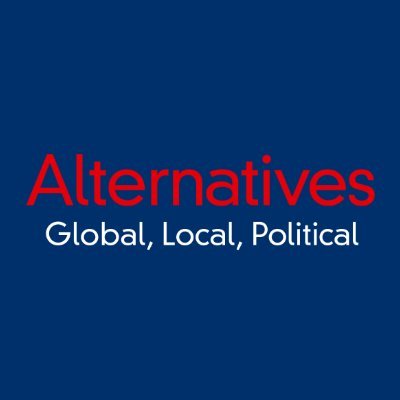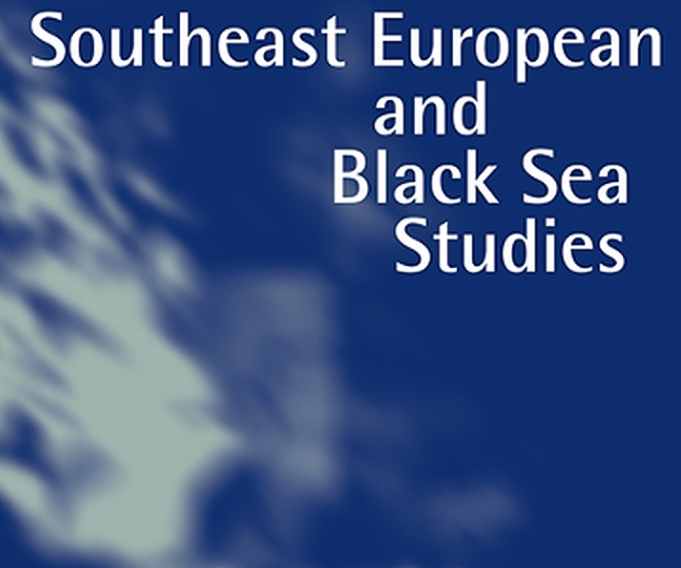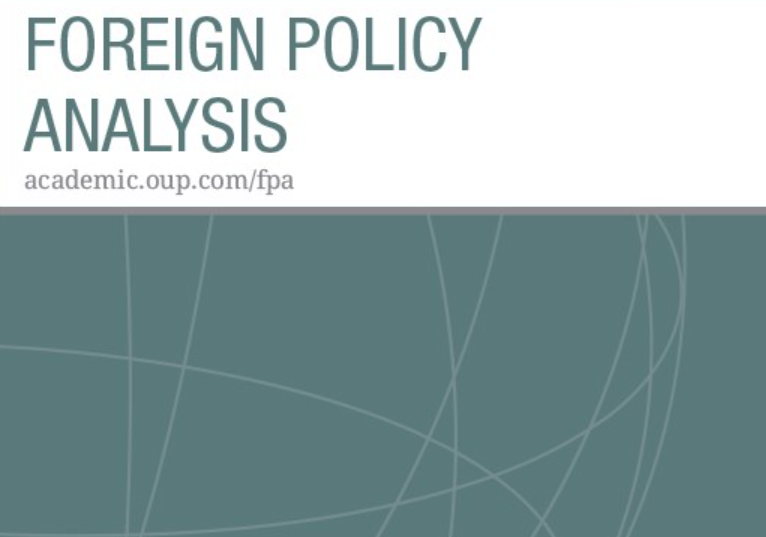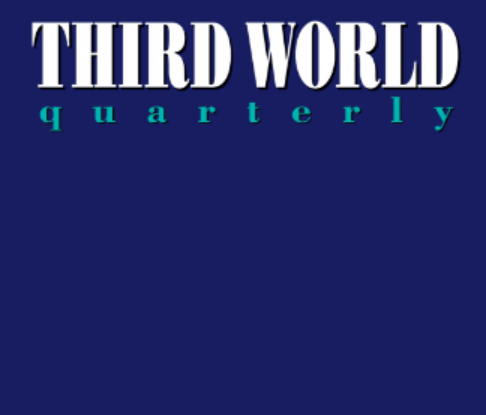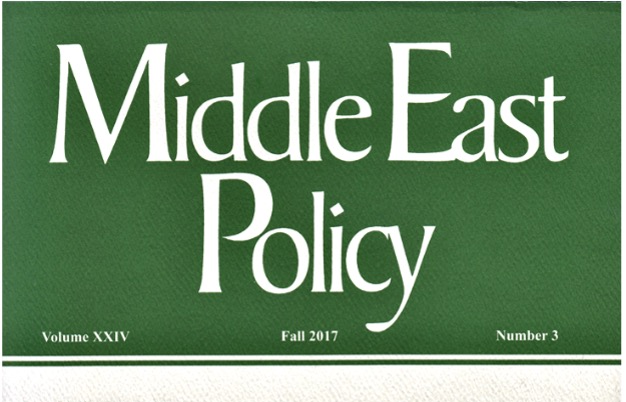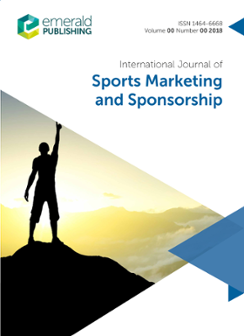Publications
CIPR uses country and regional to evaluate political developments and economic, social, and geopolitical risks, and how these impact the operations and policies of our clients. Our reports, briefings, and best practices inform our clients on risk probability and provide strategies for addressing this. Our local network and international team of experts and analysts ensures the quality of our knowledge and analysis.
The Second Succession in the Islamic Republic of Iran: Change or Continuity?
The Supreme Leader has a significant role in determining political life in Iran. The analysis of this role is an integral part of studying Iranian domestic politics and foreign policy. The succession issue has been of particular importance and subject to numerous academic endeavours after speculations of current Supreme Leader Ayatollah Ali Khamenei’s failing health. The focus of these studies centres on the personalities of the potential candidates for this eminent position. This paper departs from mainstream research and analyzes the structural factors that guide the process of choosing the Supreme Leader in Iran.
The New Gulf Order: Crisis, Mediation, and Reconciliation
The longevity and depth of regional challenges in the Middle East have elevated political and security concerns to a new level within the Gulf Cooperation Council (GCC) in recent years. Three conflicting worldviews have confronted one another, resulting in debilitating consequences for the region. Increasing fragmentation of Arab politics, in turn, has engendered attempts at enforced Arab unity that have ultimately failed, further dividing and destabilizing the regional order. This article delineates the background of the Gulf crisis of 2017 within the broader context of the Arab Spring and analyzes the ensuing attempts at mediation, the US role in the region, political developments in Kuwait and Oman, normalization efforts with Israel, and the recent resolution of the Gulf crisis by examining various actors’ political roles.
Qatar’s Development Cooperation and Least Developed Countries
How has the COVID-19 pandemic affected the foreign aid behavior of new donors on humanitarian cooperation? The non–OECD-DAC donors, such as Qatar, try to adapt to the new environment of development and humanitarian aid under COVID-19 pandemic. Qatar has successfully used public diplomacy to deal with regional geopolitical challenges. In this sense, the current situation presents an opportunity to Qatar for opening up to new geographies. This research analyzes Qatar’s foreign aid, utilizing a novel dataset on Qatar’s foreign aid interactions before and during the pandemic. These interactions show Qatar’s main recipients of foreign aid, with which country, income group and geography it interacts more. This dataset is essential to demonstrate Qatar’s priorities in humanitarian diplomacy as well. The pandemic makes this dataset even more interesting because it is worthwhile to investigate how a global health shock might affect the aid behavior of a new donor. Our analysis shows that Qatar has increased its foreign aid interactions compared to the pre-pandemic period. Qatar’s foreign aid regime is evolving according to income group and geographical differentiation, new communications with different recipients, revealing the country’s aspirations to be a global donor. However, Qatar’s foreign aid also has many limitations that negatively affect its global status. These factors are related to Qatar’s insistence on providing aid to specific regions and countries. Although Qatar has increased its humanitarian aid interaction with underdeveloped countries and disadvantaged geographies, the country privileges certain countries and geographies. The income group diversification in Qatar’s foreign aid policy does not manifest a strong positive inclination toward LDCs.
